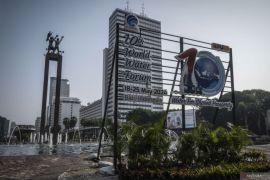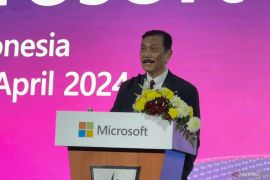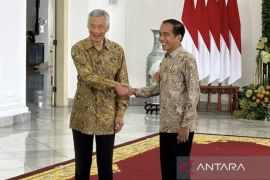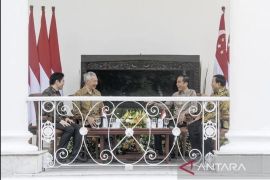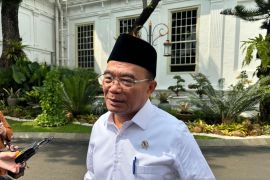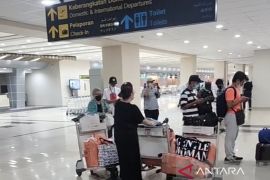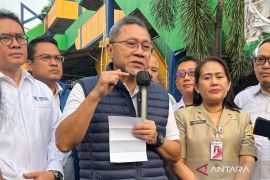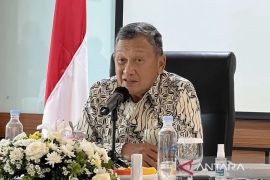"The elections can be held efficiently by organizing them simultaneously, not separately," Alfan Alfian of the University of National said.Jakarta (ANTARA News) - The Indonesian government can be efficient if it holds legislative, presidential and regional head elections simultaneously, a political analyst said.
"The elections can be held efficiently by organizing them simultaneously, not separately," Alfan Alfian of the University of National said here on Thursday.
He said that legislative, presidential and regional head elections should be held simultaneously if the government wanted an efficient election.
Alfian was referring to the inefficiency in organizing the general elections as a consequence of the implementation of a multi-party system.
The political observer said it was quite possible for Indonesia to organize a simultaneous election, namely the legislative, presidential and regional head elections.
"It is quite possible. The government can regulate a simultaneous election system," he added.
He said that political reforms in Indonesia should be directed to that system, though it also had constraints.
"The constraints included the fact that decision making politicians have not yet shared views on realizing simultaneous elections, though discourse on it is developing," he said.
He also expressed his opinion that ideally Indonesia should not have too many political parties. "Ideally, there should be no too many political parties."
Alfian argued that the large number of political parties was not compatible with the presidential system adopted by Indonesia.
"This has a very high cost," Alfian said.
One of the impacts of the multi-party system in organizing separate elections is high verification cost.
This is because the General Elections Commission (KPU) will conduct party verification each time an election is held.
If there are mistakes in the verification, it has the potential to face lawsuit which will also create cost.
Based on the list in the KPU, there are 12 political parties which will take part in the 2014 general elections.
The government is planning to organize a legislative election on April 9 and a presidential election on July 9 in 2014.
According to data from the KPU, the countrys voter turnout touched 93.33 percent in the 1999 general elections, dropped to 84.9 percent in 2004, and it declined further to 70.99 percent in 2009.
The Lingkaran Survey Indonesia (LSI) has forecast about 60 percent voters will participate in the elections in 2014.
Prof Ikrar Nusa Bhakti, a researcher with the Indonesian Institute of Sciences (LIPI), said voter turnout will be higher if Jakarta Governor Joko Widodo, better known as Jokowi, runs for president in 2014.
"If Jokowi runs, it is certain that the number of absentee voters will be low," he said.
The high incidence of absentee voters in several regional elections is based on the peoples assumption that candidates on the ballot will not be able to significantly improve their standard of living.(*)
Editor: Heru Purwanto
Copyright © ANTARA 2013
